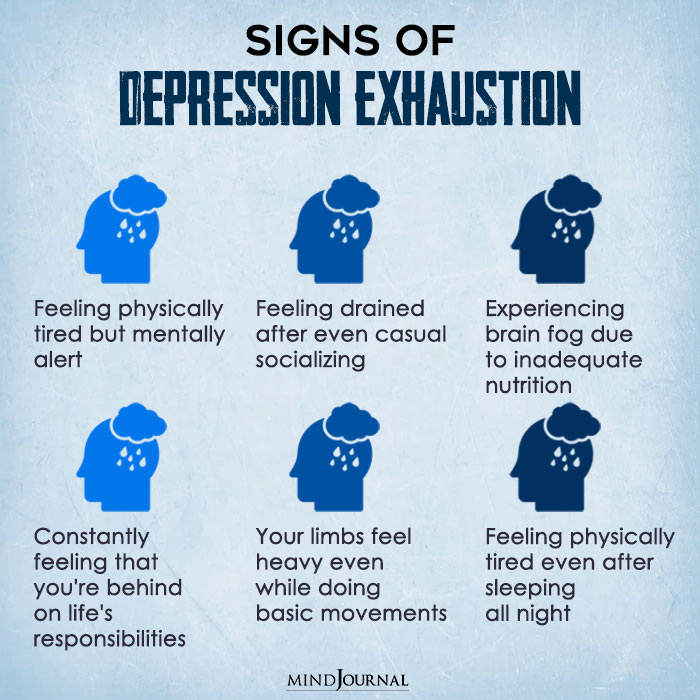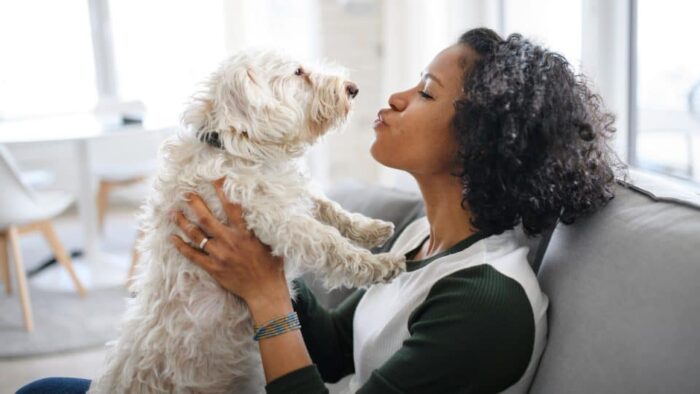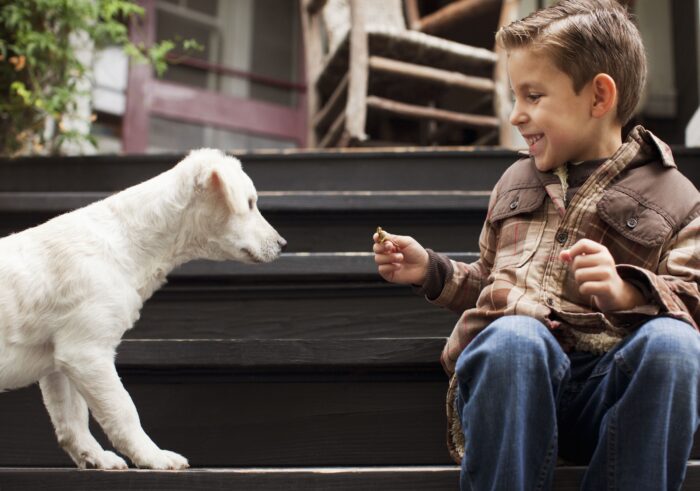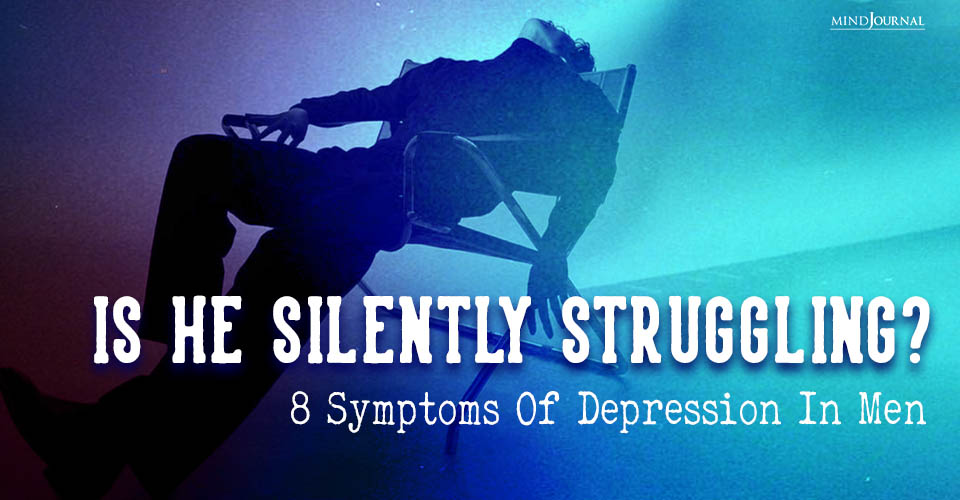The attachment that humans make with dogs goes beyond affability. To learn how do dogs help with depression is to consider not only the happiness they bring but also their deeper healing capacities for mental health.
In the present fast-paced and challenging world where mental well-being is as important as physical fitness. The connection between humans and dogs is both ancient and deep. For centuries these creatures have been more than pets; they have been trusted friends, company during difficult times, unfailing love, etc.
This article intends to explore the amazing ways that our faithful four-legged helpers help to reduce depression symptoms by providing companionship and a comforting paw when needed.
However, we need to understand the impact that depression has on our lives!
Understanding How Depression Affects Us
Depression is a mental health issue characterized by persistent feelings of sadness, hopelessness, and a lack of interest or pleasure in activities. It can significantly affect a person’s thoughts, emotions, behavior, and physical well-being

In America, cases of depression are on the rise. As of 2023, 29.0% of adults in America have been diagnosed with depression at some stage in their lives. While 17.8% in the USA are currently facing or seeking treatment for depression.
Depression can result from circumstances such as trauma like unemployment, and psychological factors including genetics and chemical imbalances.
Some of the ways depression can affect us include:
- Strained relationships with friends and family
- Reduced productivity in our professional lives.
- Low self-esteem.
- Substance abuse among individuals.
Nonetheless, in the face of such a challenge, dogs are no longer regarded as mere pets but become our companions who offer us a different sort of solace and happiness by which we can find our way through the storms to little moments of peace and joy.
It’s important to understand the way depression affects us as this allows you to understand how do dogs help with depression in our lives!
Read More: Depression 101: 10 Signs And Treatment For Depression
How Do Dogs Help With Depression
In recent years, there has been increased attention given to the role of dogs in mental health support, notably depression.

A significant study undertaken by the University of South Australia revealed compelling evidence. It suggests that mental health, particularly among ex-service defense personnel, can experience significant improvement. This improvement is facilitated through the utilization of assistance dogs.
The following are some of the ways on how do dogs help with depression:
1. Aids In Creating A Healing Atmosphere:
Recent studies reveal that in combination with traditional treatments, therapy dogs have consistently achieved the best treatment outcomes for conditions such as post-traumatic stress disorder (PTSD), depression, and anxiety.
Therapy animals like dogs are also used in other ways, such as patient-animal interactions involving outdoor activities outside a typical psychotherapeutic context.
2. Helps To Bridge The Communication Gap:
There has been a growing academia on how do dogs help with depression in recent years.
In research done by Maylos Rodrigo-Claverol, the results show that these companion animals can help build a bond between the therapist and the patient. They increase patients’ self-esteem and sociability and encourage them to express themselves emotionally.
Research indicates that companion animals act as emotional bridges helping people to break out and share their feelings. Through these non-human confidants, patients are more comfortable opening up their minds during therapy sessions strengthening therapeutic alliances.
Read More: The Deep Spiritual Meaning Of Having A Dog Or Cat As A Pet
3. Positively Impacts Mood By Hormones:
Colleges and universities are now recognizing the benefits of having companion or therapy animals on campus.
Research conducted by Sarah Marshall-Pescini on how do dogs help with depression has indicated that even brief encounters between humans and dogs result in an elevation of hormones like oxytocin, endorphins, and dopamine which are beneficial to both man and dogs.
This high resulting from hormones creates a positive energy on campus spreading happiness throughout college communities. It is not just about feeling good; it is also a big weapon against campus blues.
4. Social Butterfly Upgrade:
Dogs aren’t just our therapists; they’re also the VIP pass to improved social connections. According to John Bradshaw a researcher and author at the University of Bristol shows that people with dogs are perceived as more friendly and trustworthy.
Moreover, walking with a dog increases the chances of knowing neighbors and getting closer to them becoming friends together forever. Who knew one’s dog could become the ultimate wingman?
5. Fit as a Fiddle Thanks to Fido:
Owning a dog does more than just make you feel good mentally; it contributes to your overall health.
People with dogs often have fewer minor health problems and generally feel healthier than those without pets. It’s like having a furry fitness coach, always encouraging you to stay active and enjoy outdoor activities.
In a world where we’re realizing how important mental well-being is, dogs are becoming heroes in both serious places like hospitals and in everyday situations where they take the spotlight. What used to be just stories about how dogs make us feel better mentally is now something everyone agrees on worldwide.
Let’s take a deeper look into the psychological benefits of having dogs!
Psychological Benefits Of Having Dogs
The growing academia has revealed some fascinating insights into how do dogs help with depression.

Let’s dive into the paw-some details:
1. Canine Therapy for the Soul:
Have you ever asked yourself why your dog makes you happy instantly?
In a survey conducted by the American Psychiatric Association (APA), 86% of pet owners reported that their companions contributed to the mental well-being of their pets.
Canines have undeniably solidified their position as champions of emotional support. They excel in a multitude of ways, from alleviating stress and anxiety to offering unwavering companionship and unconditional love. Their inherently calming nature and innate ability to connect with humans make them indispensable allies in the quest for mental wellness.
2. Wagging away the worries:
Imagine how tough a day it was and all you need is just a little emotional salvation. A study examining the link between time spent with dogs and psychological distress made some touching discoveries.
Participants, who stayed with their dogs after a stressful task, reported an important increase in their mood. What was the secret to this? It wasn’t about past experiences with dogs or even having a fancy pedigree- all it took was cuddling up, playing around, and simply enjoying your fur ball’s company.
3. Stress-Busting Partners:
When put under stress, studies show that those who were lucky enough to have canine companions had lower levels of cortisol and more relaxed heart rates. It’s like having a stress relief expert right at your feet.
The human-dog connection is more than just a fun and furry tale—it’s a heartwarming story of friendship that greatly enhances our mental and emotional well-being. The advantages of having a dog in the family are not just for adults alone.
One of the pros of owning a dog is that they also have a major impact on the development of children! Let’s see how owning a dog could benefit your children!
Read More: How Dogs Can Help Get Your Life And Mind Back On Track
5 Pros Of Owning A Dog For Your Child
Owning a dog can have numerous positive impacts on a child’s development and well-being.

The following provides a deeper understanding of these benefits as recognised by experts:
1. Social-Emotional Development And Growth
Children from dog-having homes are more socially and emotionally well-off. They do not experience many problems in emotional management and social interaction, and they rarely engage in antisocial behavior.
In addition, they are more likely to engage in activities such as sharing. This is of particular note among children who have a pet dog that they walk and play with daily.
2. Increasing Responsibility and Prosocial Behavior In Children
Children from families with dogs demonstrate higher levels of responsibility and prosocial behaviors compared to those without dogs. It includes things such as increased self-esteem, better empathy towards peers, and enhanced personal autonomy
3. Reduced Loneliness and Anxiety For Children
Keeping pets especially dogs can greatly reduce loneliness and anxiety feelings in children. It results from the companionship accompanied by unconditional support given by dogs.
4. Helps In Cognitive Development Of Kids
When children interact with dogs, it helps enhance their problem-solving skills and thinking ability. This improvement is especially pronounced when parents actively participate in guiding their children on how to take care of pets.
5. Emotional Support For Your Child
Dogs provide a unique form of emotional support that can be very helpful for kids. This kind of support leads to greater assurance over time with less crying or tearfulness.
Having a dog can significantly contribute to a child’s emotional, social, cognitive, and physical development. The companionship of a dog can offer unique support and experiences that foster various positive outcomes in children’s lives.
Read More: What Your Dog’s Sleeping Position Means: 6 Fun Types Quiz
Paws, Play, and Positivity
In today’s world where anxiety is often common, knowing that our furry buddies are always with us is a hidden superpower. Depression is a towering problem that affects almost everything we do in life from our relationships to our work lives.
Dogs make more than just companions; they are like warm cuddles when we need them the most. In the middle of tough times when everything is just heavy, dogs offer us one-of-its-kind joy that makes life a little easier.
This helps us in talking about it, gets us confident, and even makes us share what is inside our hearts. They can be like emotional bridges to comfort and understanding.
Whether it’s a quick playtime with your dog after a hard day or having them accompany you during therapy; their wagging tails and cuddling fur can do so much for you. Let’s celebrate these paw-some ways dogs bring happiness to our lives!
Frequently Asked Questions (FAQs)
1. How do dogs help with depression?
Dogs provide emotional support, reduce stress, and boost mood through activities like play and cuddling. Their presence increases beneficial hormones, promoting overall well-being.
2. What are the pros of owning a dog for a child?
Pros of owning a dog for a child include social-emotional development, fostering responsibility, reducing loneliness, aiding cognitive development, and providing unique emotional support, contributing to overall positive growth.
3. What are the psychological benefits of having dogs?
Psychological benefits of having dogs include reducing stress, enhancing social interactions, and fostering emotional support. Studies show that dog ownership increases beneficial hormones, contributing to a happier and healthier psychological state.














Leave a Reply
You must be logged in to post a comment.